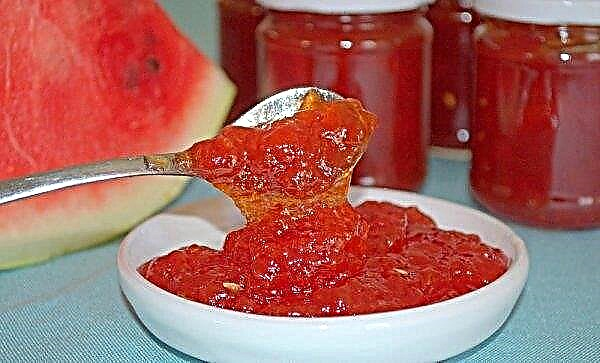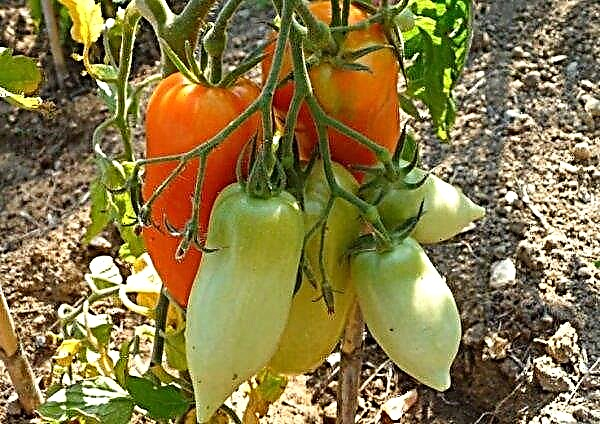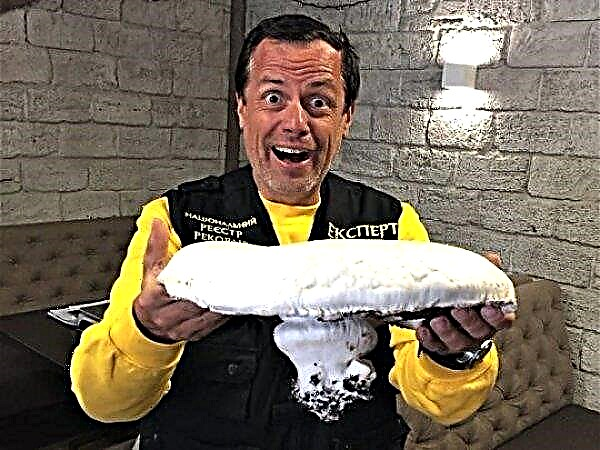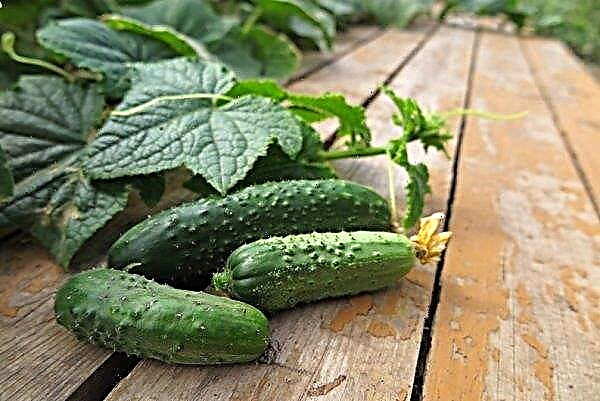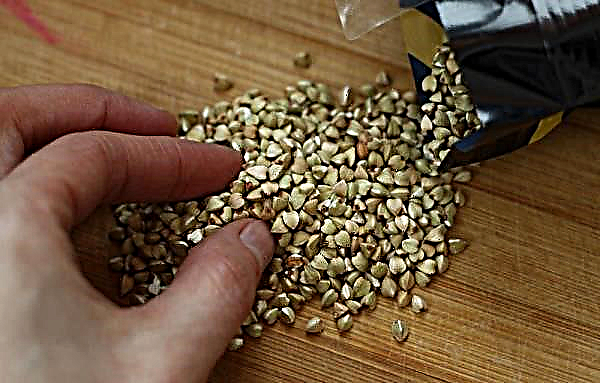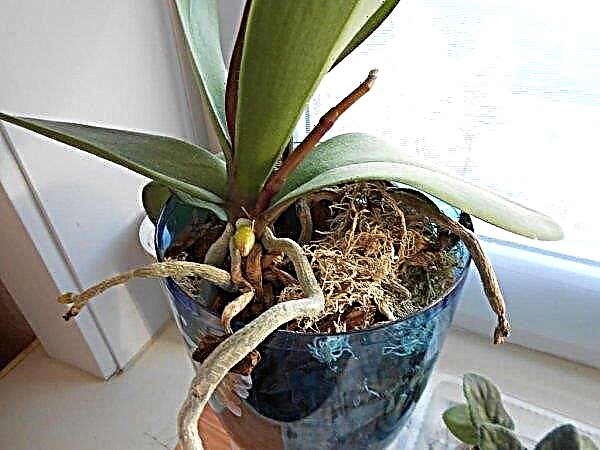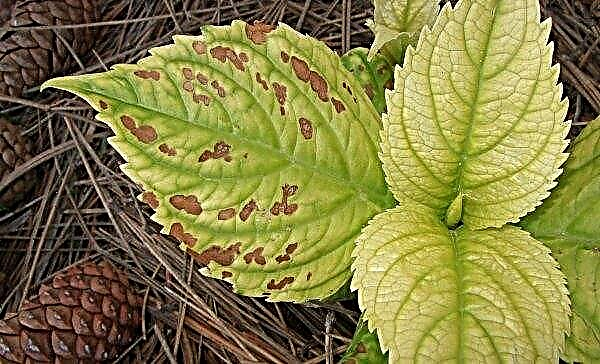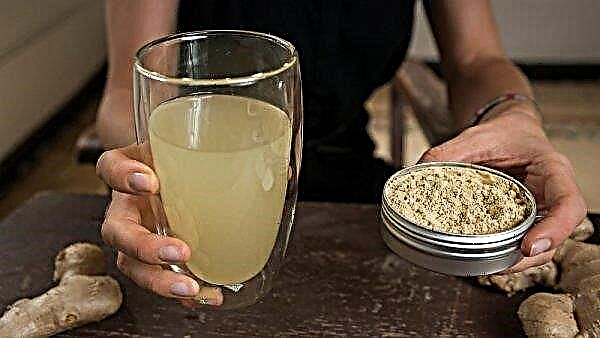Boiled corn is a favorite summer treat of many people, so the features of its preparation and storage never lose their relevance. However, if much is known about cooking recipes, then storage methods are not always given due attention, which is why the finished product quickly deteriorates. We suggest you familiarize yourself with the simplest options for preserving boiled corn.
Shelf life of corn at home
It is far from always possible to immediately eat all cooked corn, so depending on the required shelf life, you have to consider different methods.
The simplest and most affordable are shown in the table below:
| Storage method | Storage time |
| In the refrigerator (ears) | Up to 7 days |
| In the refrigerator (only grains) | Up to 14 days |
| In the refrigerator (in a pot of water) | Up to 2 days |
| In a pan on the stove | 24 hours |
| In the freezer | 9-12 months |
| In fermented form | 20-30 days |
As you can see, most of these options still require the use of the product in the very near future, so if possible it is advisable to cook as much corn as you can eat in one to two days, so that it does not dry out and not deteriorate.
Did you know? An ear of corn always consists of an even number of flowers, of which an even number of seeds later emerges. On average, there are 10-14 rows in one ear, but there can be more than a hundred seeds.
How to store boiled corn properly and how much
Each method of storing this cooked vegetable will correspond to the declared period only if all the steps for preparing the fruits were correctly performed, so let's look at the features of each of them.
No refrigerator
If you leave the cooked cobs on the stove, after draining the water, they will remain juicy only until they have completely cooled, after which all the grains will start to wrinkle, and the head will no longer look as attractive as before. However, this does not mean that you will not be able to eat it later, because it will deteriorate only after a day of being in room conditions. To prolong the freshness of this cereal, try to “warm” the pan by tightly closing it with a lid and wrapping it in a warm towel. In this case, it is not necessary to drain the water.
Important! You can not wrap hot cobs with cling film: it will fuse and stick to them.
Another way to store indoors is in foil. To do this, hot cobs need to be dried a little first, and then wrapped in foil and put back in the pan. This will help maintain the temperature of the corn for some time to come.
In fridge
Cold is one of the first helpers in storing food, both fresh and cooked. Depending on the required duration of the expiration date and the time available to prepare for the bookmark, each housewife decides whether to send the heads of cabbage to the shelves as a whole or to place only grains there.
Important! Corn has its own specific smell, therefore, when stored together with other products, the use of sealed containers will be a prerequisite for the preservation of the natural smell of other products.
On the cob
This option is suitable for those who urgently need to put the vegetable in storage and do not have time to deal with its lengthy preparation. After the liquid in which the corn was cooked has cooled, the pan, along with the ears, is simply moved to one of the shelves of the refrigerator. In this form, the heads will not deteriorate within two days. If the preparation time is a little longer, you can get each ear from the pan and, after lightly wiping it with a napkin, wrap it with cling film. The film will protect them from drying out and extend the shelf life to 3 days.
In the grains
Cooked corn can be stored in the vegetable compartment of the refrigerator for about two weeks, but this is only if you separate the beans from the head in advance and put them in an airtight bag.
Instructions for preparing the product in this case are as follows:
- Separated grains of boiled corn should be placed for 15–20 minutes in a pot with water, ice, lemon juice and 1 teaspoon of salt (per 1 liter of water).
- Then sprinkle the corn in a colander while draining the water.
- Dry the beans and pack them tightly in plastic bags.
- In this form, put them in the refrigerator.

In the freezer
In the freezer, the shelf life of products increases tenfold: if a certain temperature is observed, boiled corn can be stored for many months (this is an excellent harvest for the winter).
Did you know? Corn — exclusively cultivated plant that is grown on almost all continents except Antarctica. In the wild, it can not be found, because if the heads of cabbage fall from the plant, then most likely they will simply rot.
When preparing fruits for the bookmark, it is important to perform the following steps:
- Tilt the cooked heads out into a colander and let the water drain.
- Peel the cobs of grains.
- Blot the grains with a paper towel and pack them in plastic bags (preferably with a “snake”).
- Be sure to send the packaged vegetable to the quick freeze chamber and only after it move to the usual compartment of the freezer. The sharp impact of low temperatures will help maintain the soft texture of the grains and will not allow them to become "rubber".
 During the entire storage time, try not to defrost the product, as it will lose a significant part of its beneficial substances upon repeated freezing.
During the entire storage time, try not to defrost the product, as it will lose a significant part of its beneficial substances upon repeated freezing.Can it be stored in water?
Cooked corncobs can be stored in water for only a few hours without a refrigerator and about 2 days when exposed to cold (on a shelf of a refrigerator or in another cool place). Accordingly, if it is not possible to immediately eat the cooked product, then just close the pan with a lid, wrap it with a thick thick towel and you can leave the cobs in the kitchen without getting out of the water until tomorrow. Alternatively, you can keep the pot in cold water, but at the end of the day it is still advisable to drain the corn pickle and get the cobs.
Features of storage of fermented corn
Fermented, that is, already sour, corn is better not to eat. Typically, such cobs go to feed fish or, in extreme cases, are given to poultry, so you can simply store them in the refrigerator, after placing them in airtight containers. Shelf life until the final spoilage of corn - three weeks.
For those who love corn very much and want to keep it in an acceptable form for as long as possible, it is better to consider the option of conservation. In boiled form, you can enjoy it only for a limited time, choosing one of the above methods for storage.

